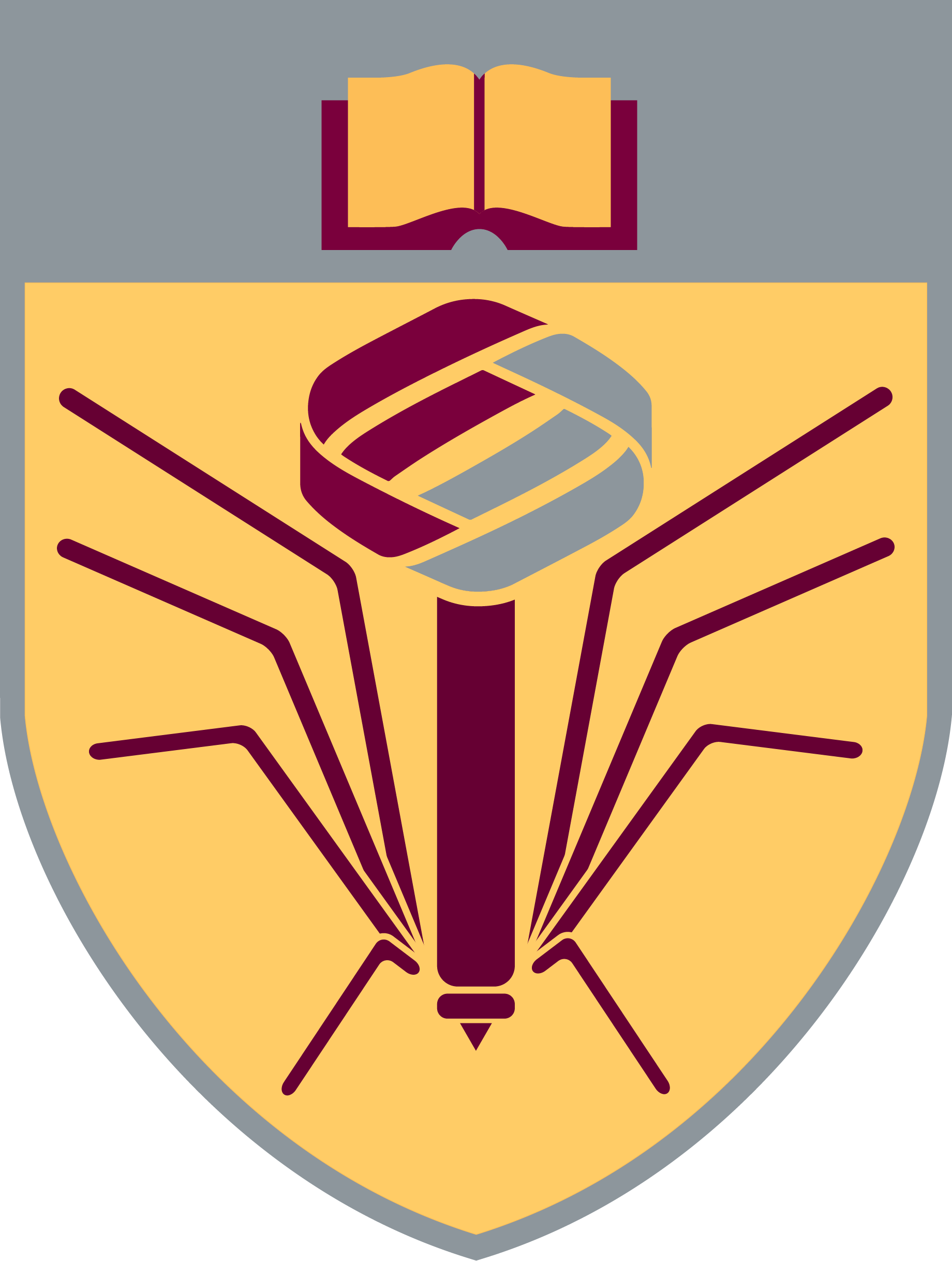CSM 2017 Meeting, Waterloo. Interest in phage is ballooning.
Ongoing Projects
(1) Manipulating phage behaviour: Many phages lie dormant in their hosts. These phages can be awakened (induced) by environmental signals such as chemical stressors and radiation. It's becoming increasingly apparent that phages can respond to a wider range of signals, including from other phages! In partnership with the McMaster HTS lab, we're working to find new signals that can modify the behaviour of phages. These will help us discovery new phages but also identify factors that could impact our microbiome in a phage-mediated manner. We’re also looking at ways to exploit signals phages respond to, in order to drive shifts in bacterial populations in a therapeutic context.
Some highlights in Phage perception work: phage communication (2017), phage ‘listening in’ (2019). Working on aspects of this project: Rabia Fatima, Ayesha Umair, Gayatri Nair.
(2) Phage resistance: Every phage-bacterium interaction is subject to a constant arms race between bacteriophages and their hosts. Whether it’s looking for new mechanisms of resistance, evaluating the impact of phages resistance on the behaviour/fitness of the host, or approaching phage resistance as a question faced by bacterial populations (and not simply individuals), findings from all our other projects are constantly generating new avenues of inquiry for exploring phage resistance.
Some highlights in Phage resistance work: the discovery of the CRISPR-Cas adaptive immune system in bacteria (2007), systematic discovery of new anti-phage systems (2018), shared elements of eukaryotic and prokaryotic immune systems (2019). Working on aspects of this project are: Christine Cerson.
(3) “Training” the Microbiome: Efforts to shift the composition of a microbiome, through antibiotics, diet, or even phages have proven… challenging, to say the least. Here, we’re exploring the idea that we might instead be able to train or condition a microbiome to change how it behaves, using principles of classical (aka “Pavlovian” conditioning). This wild idea has its genesis in an airport hotel in London, but is now the basis for a large, trans-atlantic collaboration. Don’t worry, phages are involved. Working on this project in my lab is: Jordan Mayol.
(4) New methods of phage detection: Almost every phage discovered to date has been found through the plaque assay - an over 100-year old assay from which “bacteriophages” got their name. The biases inherent in that assay have propagated through the field, and its unclear how many phages are being missed simpy because they do not lyse hosts in these conventional approaches. Working with Spectradyne LLC, the McMaster CMCB, we are looking to leverage other conserved aspects of phage infection and replication to modernize the field and change how phages are identified. Working on aspects of this project are: Rabia Fatima

